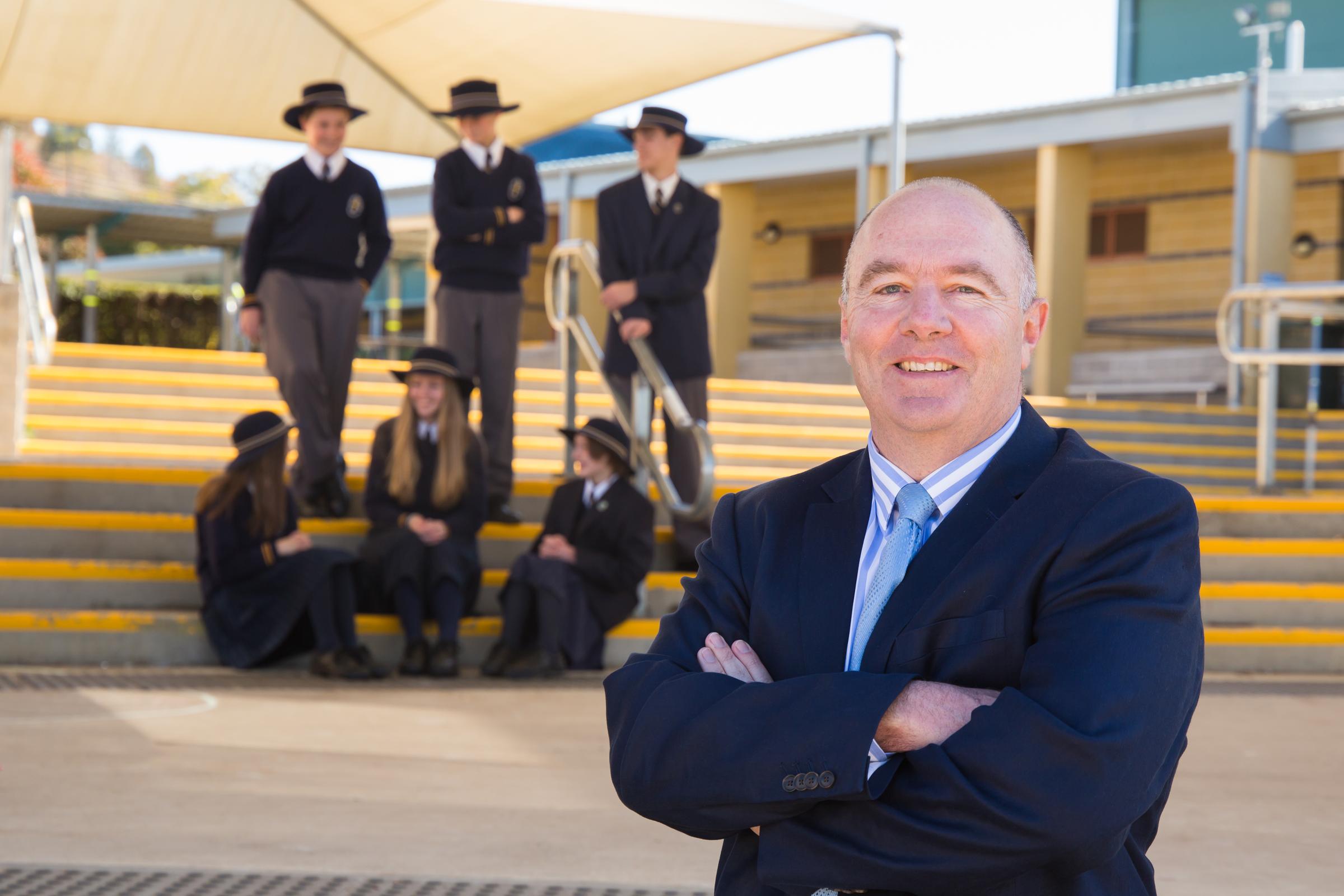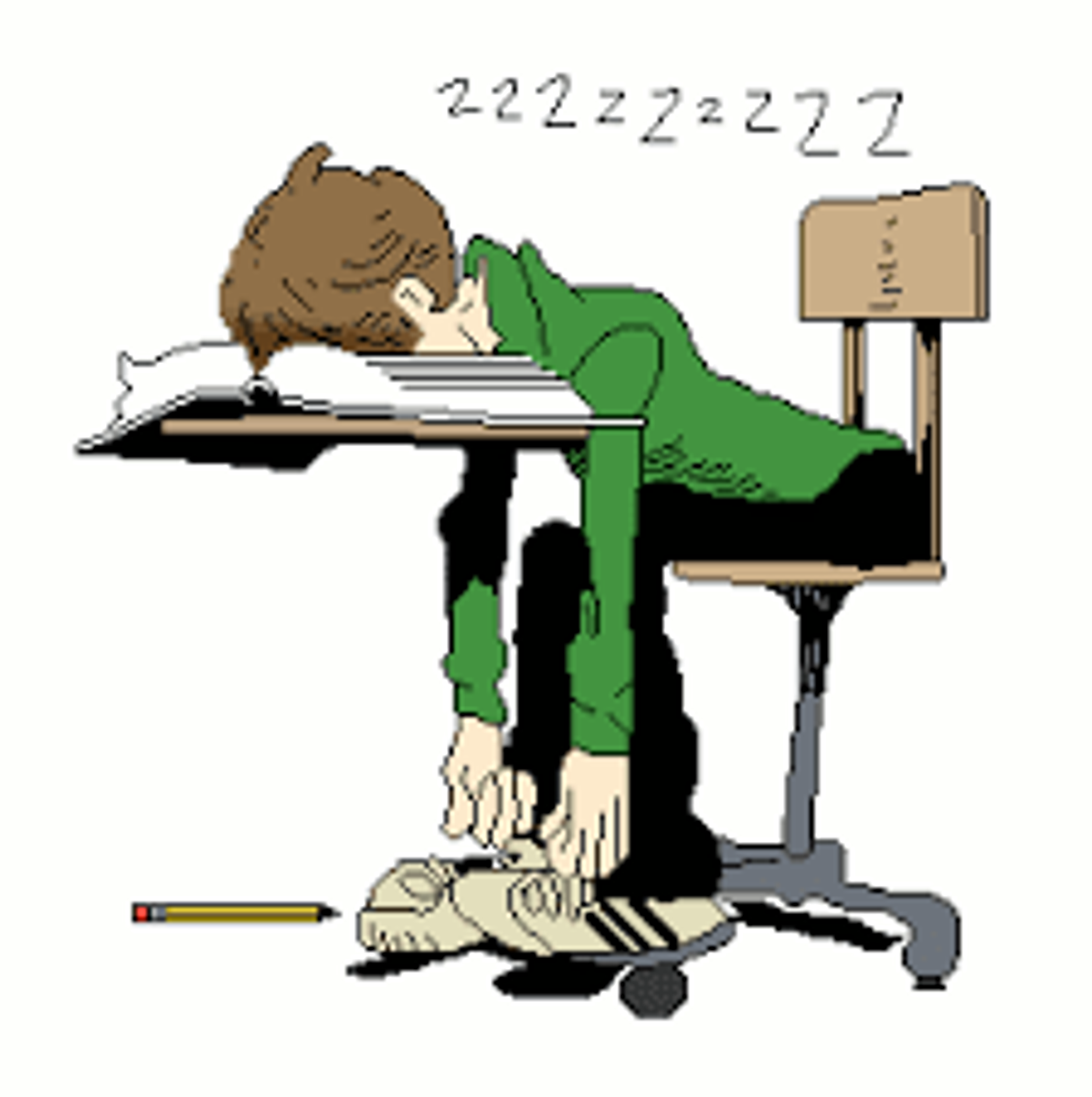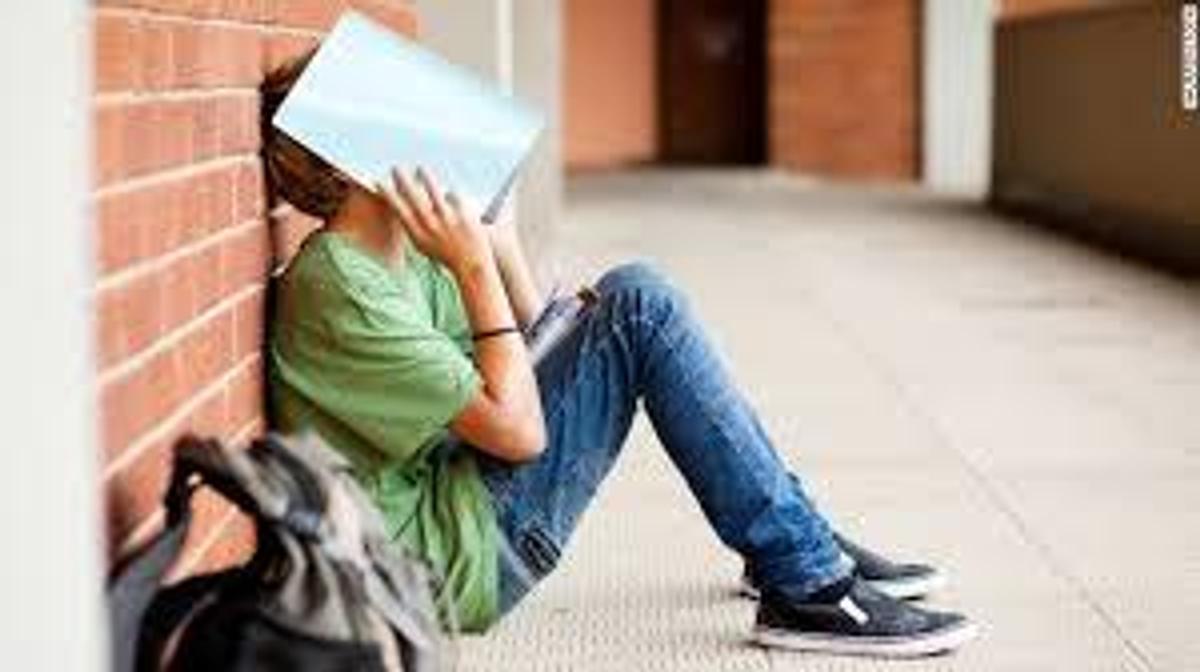Assistant Principal - Pastoral Care

Importance of Sleep
The great Australian cartoonist, Michael Leunig, wrote in a series titled ‘The Curly - Pyjama Letters’ (1998):
“You must rest Vasco – otherwise you will become RESTLESS! I believe the world is sick with exhaustion and dying of restlessness. While it is true that periods of weariness help the spirit to grow, the prolonged, ongoing state of fatigue, to which our world seems to be rapidly adapting, is ultimately soul destroying as well as earth destroying … Tiredness is one of our strongest, most noble and instructive feelings. It is an important aspect of our CONSCIENCE and must be heeded or else we will not survive … Tiredness has become the most suppressed feeling in the world … And of course you know what happens when such strong and natural feelings are denied – they turn into the most powerful and bitter poisons with dreadful consequences. We live in a world of these consequences and then wonder why we are so unhappy.”
I first commenced thinking about this issue for students when a colleague sent me an article about the link between sleeplessness and student anxiety. I then came across a fascinating concept when reading for history – the notion that our industrialised way of life has replaced organic time with mechanical time. The essence of this concept is that with industrialisation taking place, about 250 years ago, we radically changed our way of life. Instead of our lives moving to the seasons and the sun, humans were now driven by the clock and the whistle which signalled the beginning or end of shifts in the factory. Changes in season were irrelevant to the factory that could work for 24 hours. In our post-industrial age the world works 24/7 – the digital age transcends borders and time zones. The consequences for us is that we have devices that can entertain and stimulate us constantly, as long as we have enough data, there is no need to shut down.
Sleeplessness is becoming an epidemic amongst teenagers. With the massive changes occurring within their bodies, teenagers need between nine and ten hours of sleep every night. Many are only getting between seven and eight hours of sleep. The consequences for learning are significant: reduced alertness and concentration, decreased understanding, increased feelings of sadness and irritability. In a book titled 'Being 14', Madonna King claims that a 14-year old with an average sleep loss of 30 minutes per night will record a measurable IQ drop of up to 10 points. While the research in this area is up for debate, it does tend to indicate that not getting enough sleep will have some impact on learning.
Andrew Fuller, a clinical psychologist who specialises in the well-being of young people, explains the physiological impact of sleep on our brains: “Getting enough sleep is one of the most powerful ways we can protect ourselves against depression. The structures in the brain that support the most powerful antidepressant, serotonin, are built and re-built between the sixth and the eighth hour of sleep. Adolescents are often sleep-deprived which may in turn increase vulnerability to stress,” says Fuller.
Stress occurs when the demands upon us are far greater than the resources we have to meet such demands. A deficit in sleep will lead us to have far less energy, patience and clear thinking to deal with the demands in our life. Guy Claxton argues that “Under these circumstances, people feel obliged to try to manage their feelings rather than to focus on tackling the demands themselves. And this leads to denial, withdrawal, blaming, escapism and displacement activities.”
Dr. Alexandra Parker from the National Centre of Excellence in Youth Mental Health emphasises the importance of simple lifestyle interventions. “Support young people in having some structure and routine, and remember the importance of sleep, diet and exercise. These have been shown to be modifiable risks factors for developing depression or developing anxiety disorders. They are influences which young people can change and have some control over.”
Tips for teens to promote a good night's sleep:
Try to get up at about the same time each morning.
Do physical activity during the day, preferably outside.
If you're worrying about things during the night, set aside some time for problem-solving during the day.
Avoid drinks that contain caffeine (e.g. tea, coffee or soft drinks) after 4:00pm as it’s a brain stimulant.
Allow yourself time to wind down before going to bed. If you're working or studying, stop at least 30 minutes before bedtime. Try to relax before bed, avoiding phones, tablets and TV.
The one critical action parents should take is to make sure that the bedroom is technology free. Teenagers should not have access to phones, ipads, computers or televisions in their room – the allure of the transient digital world is too great for young people. Furthermore, I am concerned how it is encouraging teenagers to become deceitful – looking at and using technology when they say they aren’t. It doesn’t take long before ‘white lies’ become a pattern of action, a constant way of interacting in the world and thus leads us to eventually lying to ourselves about important issues. Parents must play an active role in supervising the use of technology – particularly where and when it is used in the household.
The bottom-line is that young people need adequate sleep to learn effectively and as Proverbs tells us: “If you lie down, you will not be afraid; when you lie down, your sleep will be sweet.” Or if you prefer a more contemporary view, Mr. Curly advises Vasco: “do as we do in Curly Flat – learn to curl up and rest – feel your noble tiredness – learn about it and make a generous place for it in your life and enjoyment will surely follow. I repeat: it’s worth doing nothing and having a rest. Yours Sleepily, Mr. Curly".
Mr Mick Larkin - Assistant Principal - Pastoral Care



